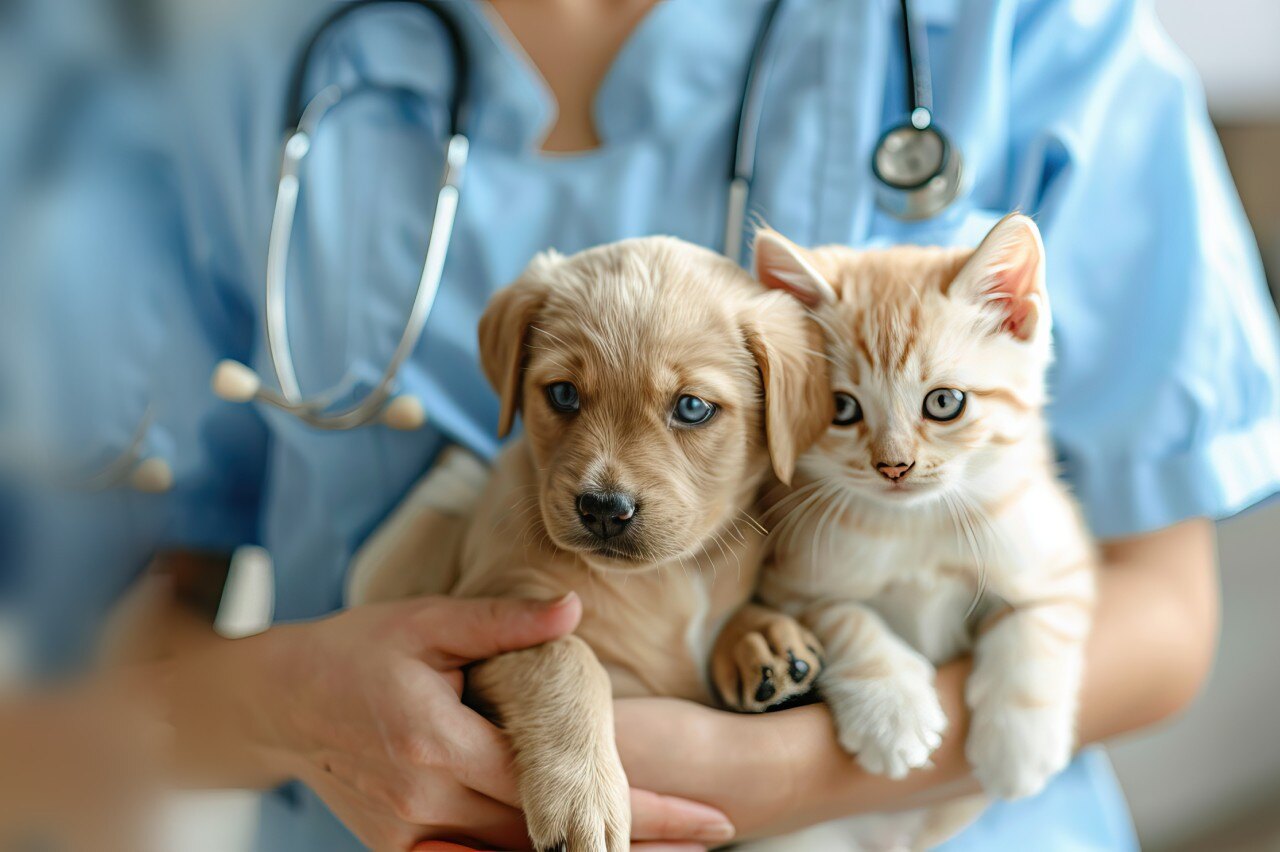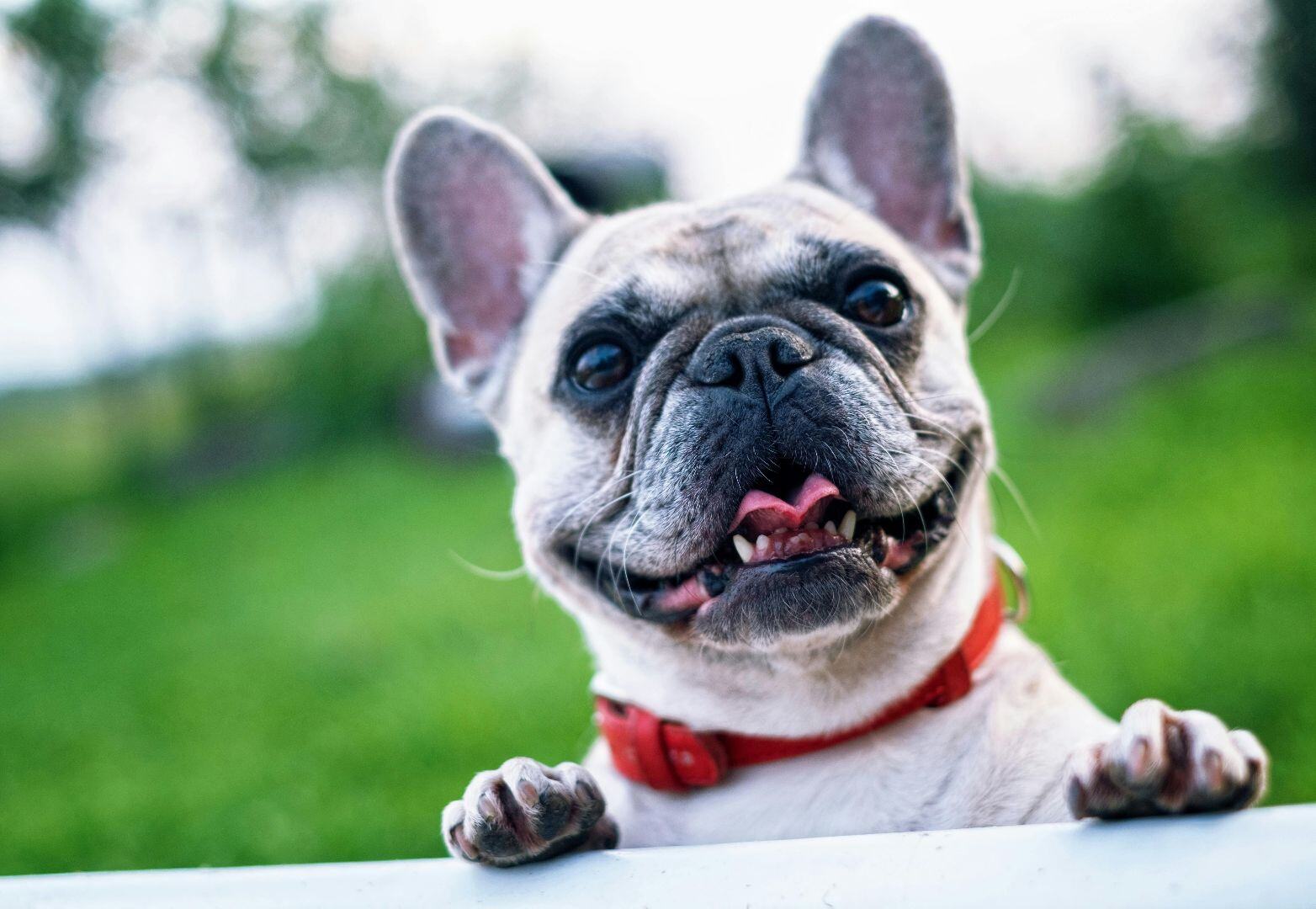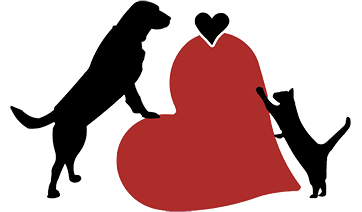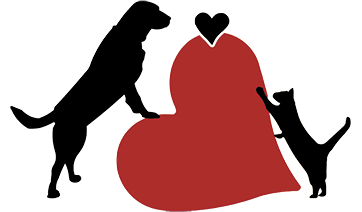Caring for Pets, Supporting Their People

Caring for Pets, Supporting Their People
Founded in 2009, our clinic emphasizes a stress-free environment where pets feel at ease. Our dedicated team is committed to strengthening the bond between you and your pet through attentive care and personalized treatment plans. Our experienced, compassionate veterinary staff is dedicated to your pet and your family, ensuring you feel right at home and your pets love to visit us.
Advanced Veterinary Services for Every Pet

Advanced Veterinary Services for Every Pet
At West Chester Veterinary Care, we offer comprehensive medical services tailored to your pet's unique needs. Our offerings include wellness exams, vaccinations, dental care, diagnostics, surgery, and specialized care for exotic pets like rabbits, ferrets, and reptiles. With a focus on preventive medicine, we aim to ensure your pet's long-term health and happiness.
Pet Wellness
Exotics & Pocket Pets
Vaccinations
Preventative Care
Dental Care
Diagnostics
Surgery
End of Life Care
Come See Us!

